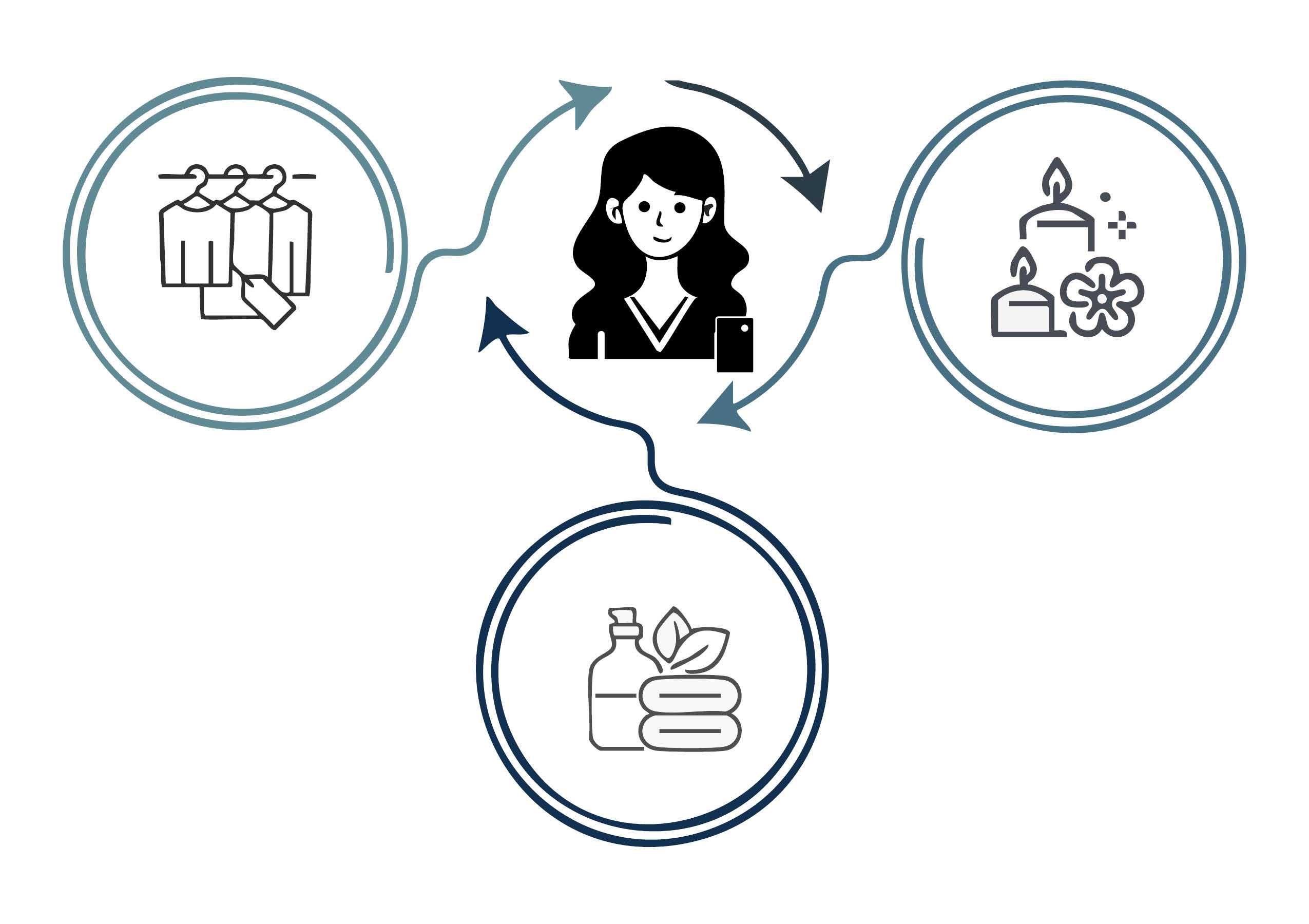For several years, Silicon Valley had an extraordinary presence with entrepreneurs pioneering innovation and change. These start-ups were massively powerful, generating billions of dollars in profit; then, all of a sudden, AI entered the scene and changed the scope of how business is done in Silicon Valley, the United States’ powerhouse of technology.
Take, for example, Grant Lee, an American entrepreneur who founded a company called Gamma. In the past, Lee would have been flattered if a networking opportunity came up that allowed him to earn more money. Now, as opposed to the past, he relies on AI in everything, from increasing employee productivity to coding, and even customer service.
Lee says his company has only hired 28 people. Thanks to AI, he doesn’t need more hands; when automation kicks in, he does not need more money. In the past, Silicon Valley relied on a model that dictated that start-ups should raise a substantial amount of money from venture capitalists and then spend it. Now, with the presence of AI, Silicon Valley companies like Gamma are using AI to maximize efficiency. They can make the most revenue with the fewest workers.
What are Start-Ups Using AI for?
For many start-ups, the power of AI is beyond words. They are increasingly relying on it to create everything that used to be done by humans. AI tools are already being used to create marketing materials, brainstorm content ideas, and even send follow-up messages.
With AI optimizing the workflow, start-ups are experiencing increased efficiency, acceleration, and simplification of many processes that previously required more resources and competencies. In the 1980s and 1990s, companies such as Logyc used AI to help with tasks like credit risk assessment. As access to the internet became more prevalent, AI became a staple for many businesses, which started employing online chatbots to answer customers’ questions online instead of having physical representatives.
Start-ups are currently using AI to generate ideas for blogs and social media posts. They are even being used to create text, images, and video content; all this, of course, means saving more money for start-ups, especially when funding is tight. For companies like Gamma, this entails hiring fewer workers. Lee admits that if it weren’t for AI, he would easily have at least 200 employees.
How AI Impacts Hiring
Sam Altman, the Chief Executive Officer of OpenAI, predicts that one day, there could easily be a one-person company worth $1 billion, thanks to AI. AI’s potential to allow start-ups to do more with less has led many to speculate about its future.
With the prevalence of AI, many Silicon Valley start-ups are saying that they will put a cap on their hiring process and stop hiring at a certain size. A Silicon Valley start-up called Runway Financial, a finance software company said that it plans to scale back to 100 employees only because, coupled with AI, its workers can each do the work of 1.5 people.
Chinese companies are benefiting from the growing demand for AI; DeepSeek, a Chinese AI start-up, promises to build more AI tools at a fraction of the typical cost. Indeed, more and more companies are taking advantage of AI and are starting to use DeepSeek’s inexpensive techniques. With the cost of computing going lower very quickly, many start-ups are flourishing in the United States, leading to a flurry of new start-ups that could be built more cheaply.
The premise of AI offers cheap cloud computing; before the AI boom, start-ups would typically spend $1 million on products and services to generate $1 million in revenue. Now, thanks to AI, many start-ups can become profitable without spending that much.
As AI accomplishes more tasks, it frees up more time for CEOs and executives to focus on what matters most: their clients. Grant Lee, the CEO of Gamma, can relate to that; most recently, he created a Slack room for feedback from Gamma’s top users, some of which were shocked to discover that he was personally responding to their messages and comments.
With Silicon Valley capitalizing on AI, success stories like Gamma’s are going to be more common. After all, AI promises to increase efficiency and save money!
David Messiha | Staff Writer



















